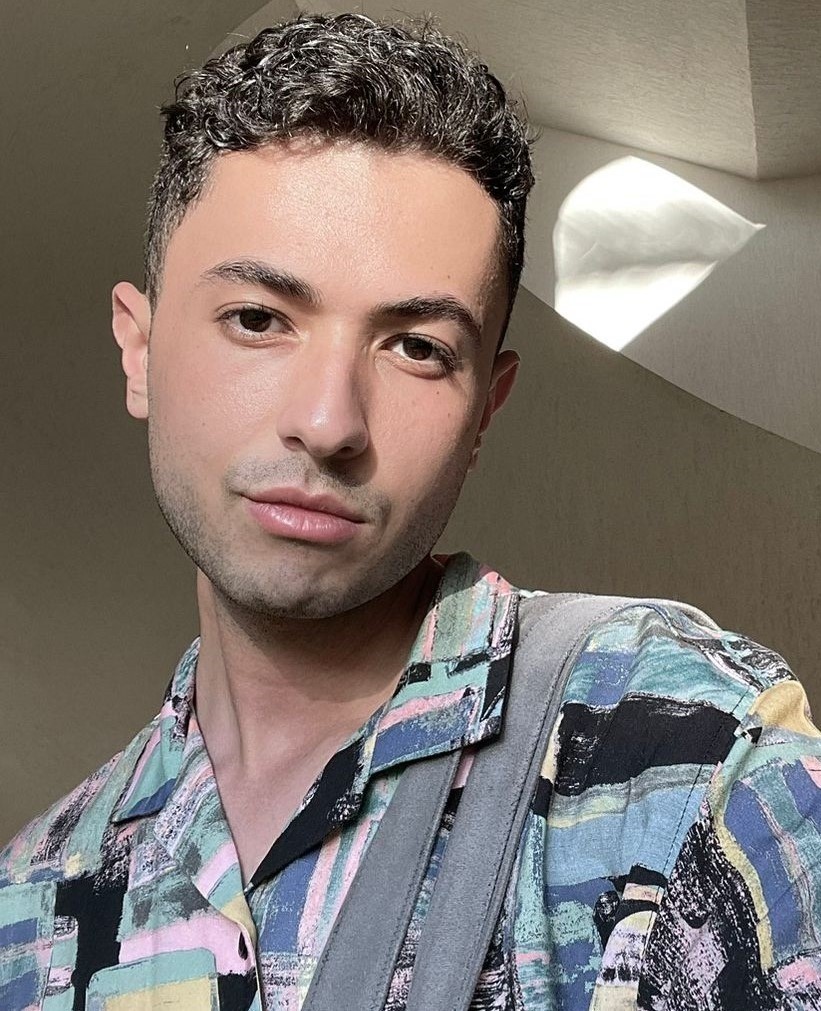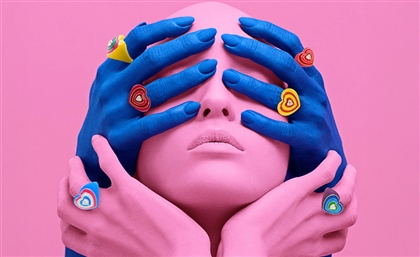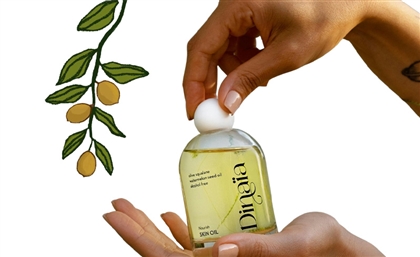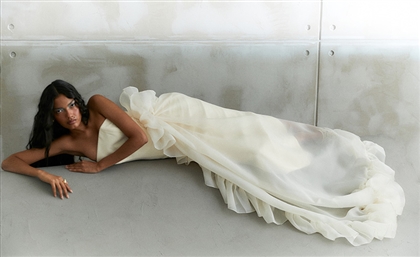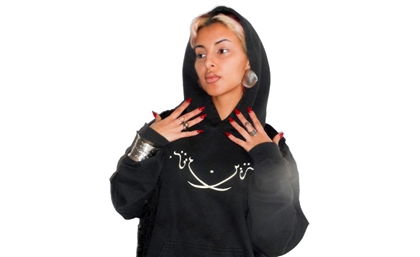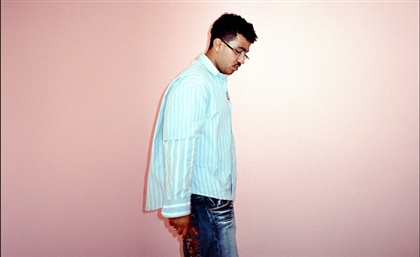The Otkutyr Approach: Propelling Regional Talent to The Global Stage
Founded in 2011 by Saudi Arabian designer Razan Mussallam, Otkutyr Fashion House is nurturing local Saudi voices in fashion.
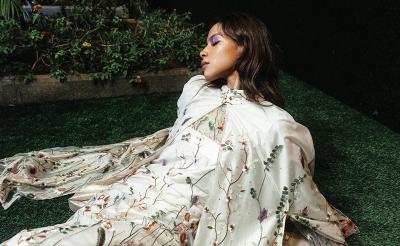
Jeddah as a city has long been a haven for artistic creation within the Kingdom. Its seaside idyll and cosmopolitan flare has lent the Kingdom’s creatives a space that breathes life into their creative pursuits. Otkutyr Fashion House is no exception to this burgeoning scene of eclecticism. Founded by designer Razan Musallam in 2011, Otkutyr is both a fashion house as well as a collective of rising Saudi fashion voices, showcasing the immense potential of the Kingdom’s diverse fashion industry. Musallam’s dedication to her craft springs from her childhood, and her subsequent time in a tailor’s shop accentuated her lifelong vision of creating a space to showcase the potential of Saudi fashion.
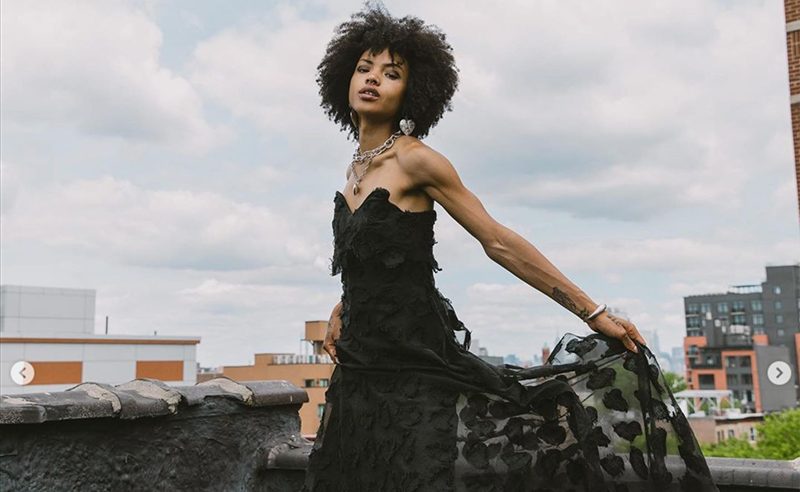
Musallam’s journey started far from the creative world in fact. An MIS graduate from Dar el Hekma university, her first forays into the business world were led by the creation of a yoga space and ayurvedic spa, and later started working in her family’s business, dealing in real estate, financial investments and consulting. The creation of Otkutyr is thus the manifestation of passion and a long vision, and a veering into a world which very easily might have escaped the creative mind of Musallam.
Otkutyr’s role as a collaborative space for rising designers has made it both a manufacturer of haute couture (from which its name derives) as well as a community-orientated environment, guiding and mentoring young Saudi creatives to fulfill their aspirations as fashion designers.
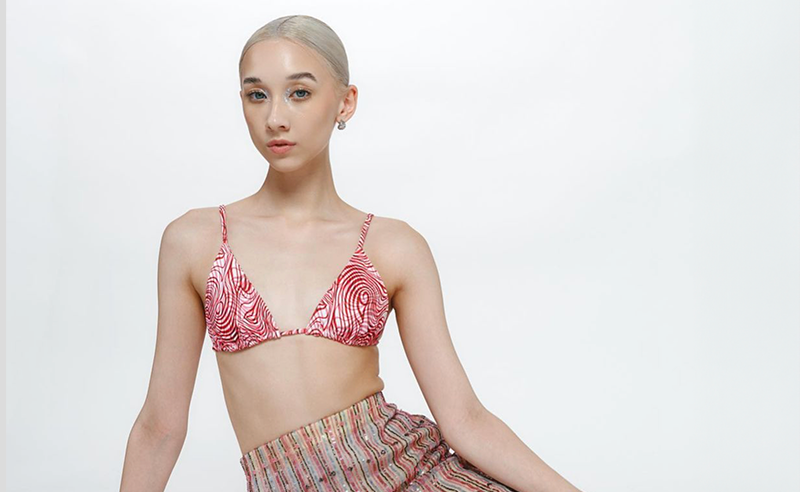
Their signature style, though not outrightly Saudi in essence, channels minimalist silhouettes, employing bold and sharp colours in deep reds and burnt oranges, alongside more classic regimes reflecting an appreciation for contemporary Arab fashion. Brave cuts and outspoken hues reimagine the assumed monotony of Saudi fashion tastes. Surly hooded cashmere jackets and loud, rich-coloured evening gowns are among some of Otkutyr’s diverse creations, reflecting the age-old Arabian obsession with decadence and laissez-faire practicality.
SceneStyled recently had the opportunity and the pleasure to converse with Otkutyr’s founder Razan Mussallam, gaining in-depth insights into the designer’s history, philosophy, and hopes for fashion within the Kingdom.
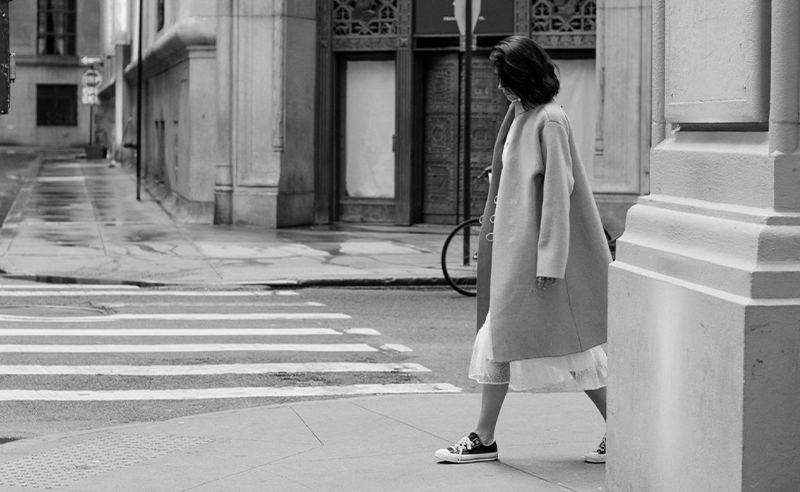
What motivated you to transition into the fashion industry? Can you elaborate on your affinity for the industry and what initially sparked it?
To be candid, I had no initial plans to venture into the fashion industry. In fact, I interned and worked in real estate and project development.
My love for fashion traces back to my childhood. I was fortunate to have a family that encouraged me to express myself from a young age by allowing me to choose my own outfits and style them. Additionally, my grandmother played a significant role in fostering my interest. She would take me textile shopping, let me design my own clothes, and I watched the whole process with great fascination. Although I momentarily forgot this simple joy, it resurfaced when I worked as a manager in a tailor shop. You could say that the spark was reignited in me, leading me back to the world of fashion.
Your first venture, Nirvana, as a yoga space and spa, appears quite different from fashion. How did that come about? Do you believe there's a common underlying philosophy connecting that holistic venture to the world of fashion and self-expression?
I would certainly say there is a connection that revolves around self-expression, self-love, and embracing one's individuality. Nirvana was actually my first venture, initiated while I was still in college. My parents supported me in working for my mother's salon/spa, and I convinced them to expand the concept into an Ayurvedic treatment centre and yoga studio. Personally, I had experienced the benefits of yoga following a car accident.
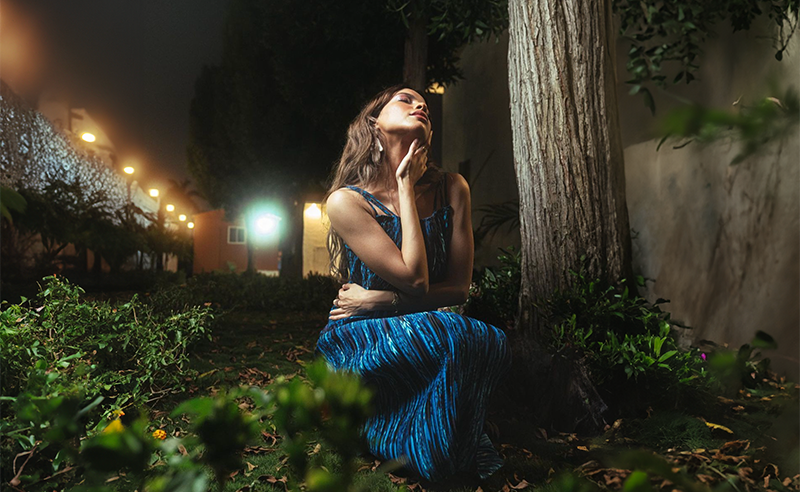
In terms of your life philosophy, both personally and professionally, how would you sum it up?
Achieving happiness and inner peace is our natural state, and that's what we should all strive for. I design based on intuition, and I live my life in the same way. Despite working hard, I allow myself to relax. While I may be reserved, I've managed to keep my inner child alive.
What are your thoughts on the current state of the global fashion industry, especially with the dominance of fast fashion? What motivated you to establish Otkutyr with a focus on slow fashion and eco-conscious methods?
I grew up with the tradition of designing and waiting for a Eid dress, which was a special treat. This has always been the norm for me. However, I'm aware that fast fashion has become the go-to choice for this generation, and it saddens and frustrates me. Unfortunately, people are often unaware of the terrible conditions under which many fast fashion items are produced. While it's not true for all, it is the reality for most. Additionally, there's the environmental toll that fast fashion exacts, which is concerning. It also doesn't give local talent and well-made clothing a fair chance, regardless of where they are in the world.
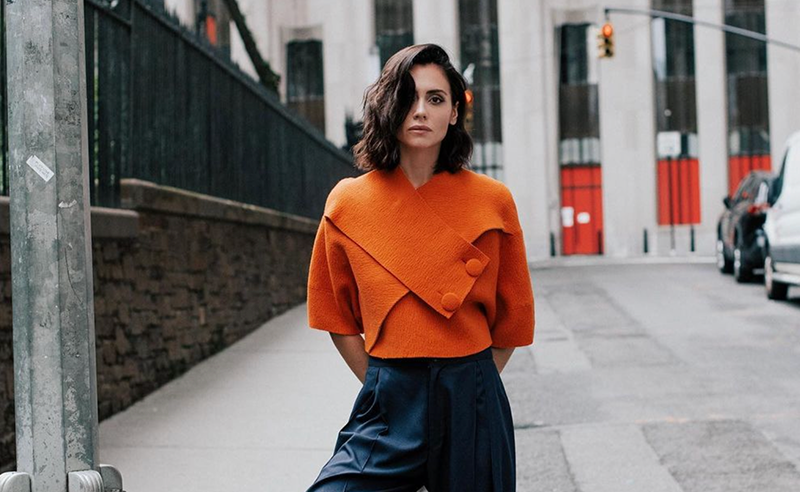
How does Saudi Arabia fit into the global fashion scene, and can you share specific ways in which Saudi culture and heritage have influenced you personally?
While I may not overtly use specific materials or embroidery in my designs as some Saudi designers do, there's always an underlying inspiration if you look closely. It's impossible not to be connected to one's heritage and culture when living among it. Notably, one of our collections, the Najrani collection, was a collaboration we did with ThirdCulture, another sustainable brand.
Can you provide more insights into how Otkutyr supports and nurtures emerging designers and artists? What criteria do you use when selecting brands and designers to invest in?
We assist emerging designers in establishing their brands as viable businesses. Our support includes guidance throughout the entire production process, from budgeting and fabric sourcing to design, documentation, and implementation. We help create samples and prototypes and work on mission and vision statements, including the collection's story and inspiration. We also provide creative direction for editorials in which their designs will be featured. These services are not one-size-fits-all. We give designers the freedom to choose what they need, and we don't require a minimum order for production.
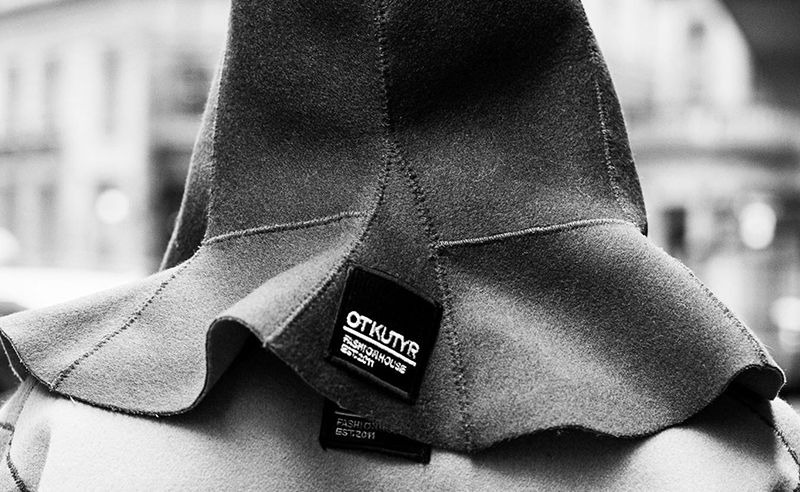
Regarding our investment in designers, Otkutyr has been a service-based fashion house since 2017. We welcome all designers, regardless of their brand's style, even if it differs from Otkutyr's. However, we remain open to evolution, as creativity is constantly evolving. After years of successful work, I may consider passing the reins to someone else.
Your commitment to offering a lifetime guarantee for every piece is both admirable and rare. What is your goal with this guarantee, and is there a broader message you aim to convey?
An item from Otkutyr is an investment, and this guarantee pays homage to haute couture practices. It's essential for consumers to understand that they have the power to bring about significant environmental change by buying fewer products, including clothing. Embracing concepts like upcycling to create new pieces can help reduce the environmental impact. In fact, Otkutyr is currently launching its SS24' collection, which primarily uses fabric saved from landfills and old denim jeans, which we've transformed into purses.
What advice would you give to aspiring designers or up-and-coming brands in Saudi?
Carefully consider your decision to enter the fashion industry. Fashion is a substantial financial investment that requires discipline, not just talent. Recognize that it takes a village, so don't be too hard on yourself when you realise that you can't do it all on your own.
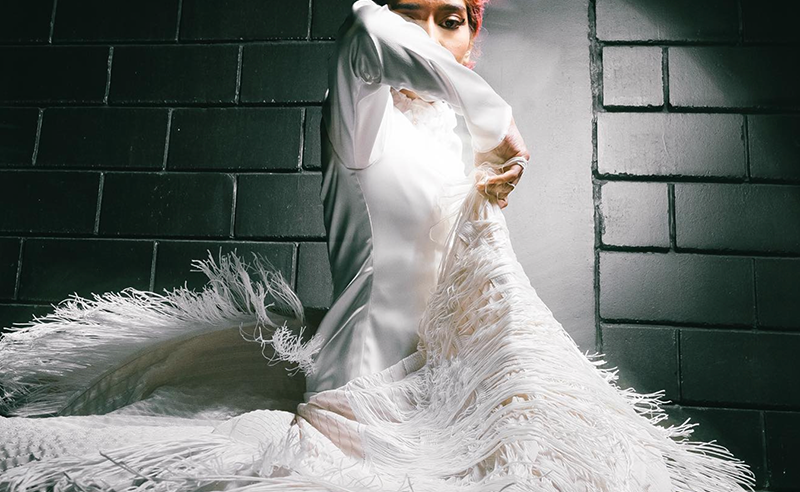
How do you see the role of Otkutyr evolving in the changing Saudi fashion landscape?
Being part of the fashion association under the Ministry of Culture has shown me that there are promising plans for the future. As a designer, it's heartening to see greater appreciation for local talent. As a creative director, I'm pleased to witness the emergence of numerous brands. As a producer, I'm hopeful that the new scene recognizes the importance of local production. On the whole, I envision Otkutyr continuing to nurture and guide designers.
- Previous Article Maje Taps English Supermodel Lila Moss for Preppy FW’23 Collection
- Next Article Monochrome Monday: The Electric Blue Edition

